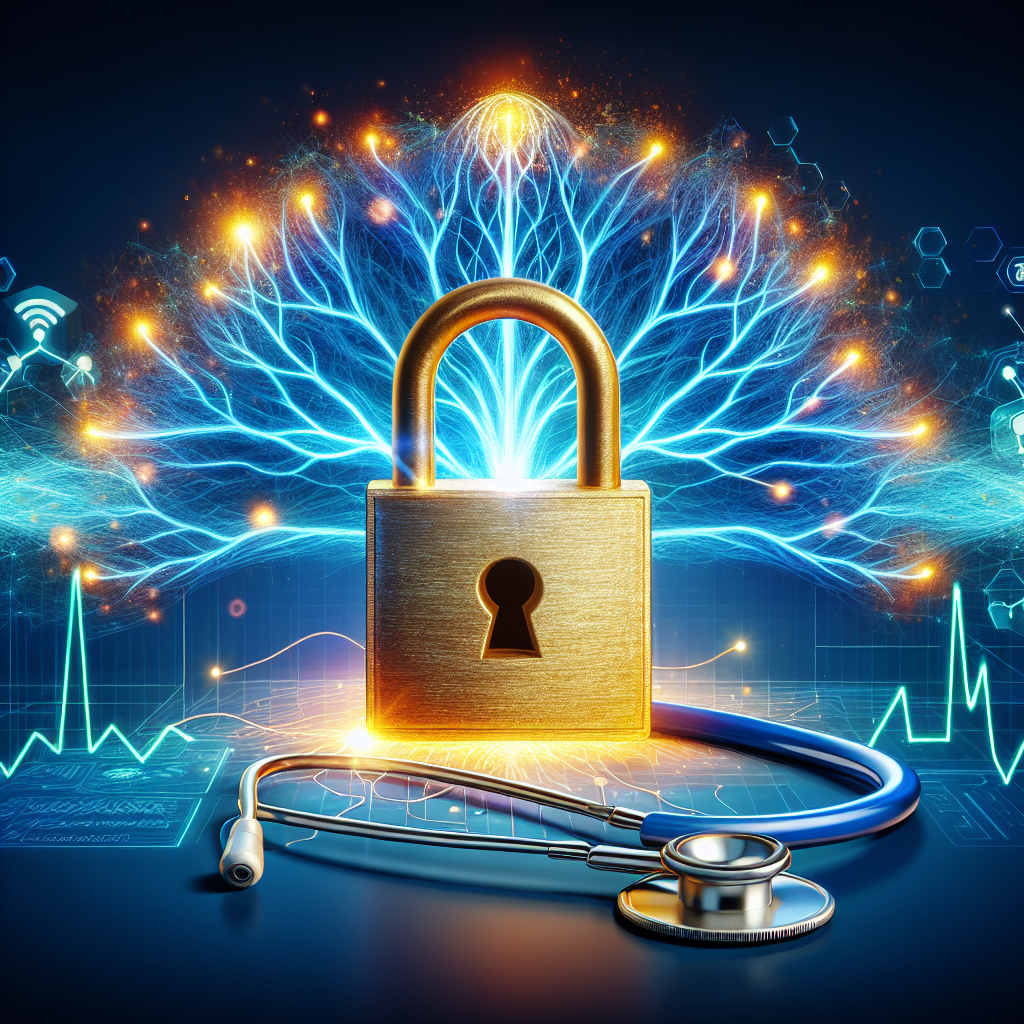Unlocking the Potential of Deep Learning in Healthcare
Deep learning, a subset of artificial intelligence, has been making significant strides in various industries, including healthcare. This powerful technology has the potential to revolutionize the way healthcare is delivered, by improving diagnosis accuracy, treatment effectiveness, and patient outcomes. With its ability to analyze vast amounts of data and identify patterns, deep learning holds great promise for transforming the healthcare industry.
One of the key advantages of deep learning in healthcare is its ability to process and analyze large amounts of medical data quickly and accurately. This can help healthcare providers make more informed decisions, leading to better patient outcomes. For example, deep learning algorithms can analyze medical images such as X-rays, MRIs, and CT scans to detect abnormalities or diseases at an early stage. This can help doctors diagnose conditions more accurately and develop personalized treatment plans for patients.
Deep learning can also be used to predict patient outcomes and tailor treatment plans based on individual characteristics. By analyzing patient data such as medical history, genetic information, and lifestyle factors, deep learning algorithms can help healthcare providers predict which patients are at a higher risk of developing certain diseases or complications. This information can be used to develop personalized treatment plans that are more effective and efficient, leading to better patient outcomes.
Additionally, deep learning can help improve the efficiency of healthcare operations by automating tasks that are time-consuming and error-prone. For example, deep learning algorithms can be used to analyze and categorize medical records, streamline administrative processes, and improve the accuracy of billing and coding. This can help healthcare providers save time and resources, allowing them to focus more on patient care.
Despite its potential benefits, there are challenges that need to be addressed in order to fully unlock the potential of deep learning in healthcare. One of the main challenges is the need for large amounts of high-quality data to train deep learning algorithms. Healthcare data is often fragmented, siloed, and unstructured, making it difficult to access and analyze. In addition, there are concerns about patient privacy and data security when using sensitive medical information for deep learning applications.
To overcome these challenges, collaboration between healthcare providers, researchers, and technology companies is essential. By working together to share data, develop standards, and address ethical concerns, we can harness the power of deep learning to improve healthcare delivery and patient outcomes. Additionally, regulatory frameworks and guidelines need to be established to ensure the responsible use of deep learning in healthcare and protect patient privacy.
In conclusion, deep learning has the potential to revolutionize healthcare by improving diagnosis accuracy, treatment effectiveness, and patient outcomes. By leveraging the power of deep learning algorithms to analyze medical data, predict patient outcomes, and automate healthcare operations, we can transform the way healthcare is delivered. With collaboration, innovation, and responsible use, we can unlock the full potential of deep learning in healthcare and improve the lives of patients around the world.


